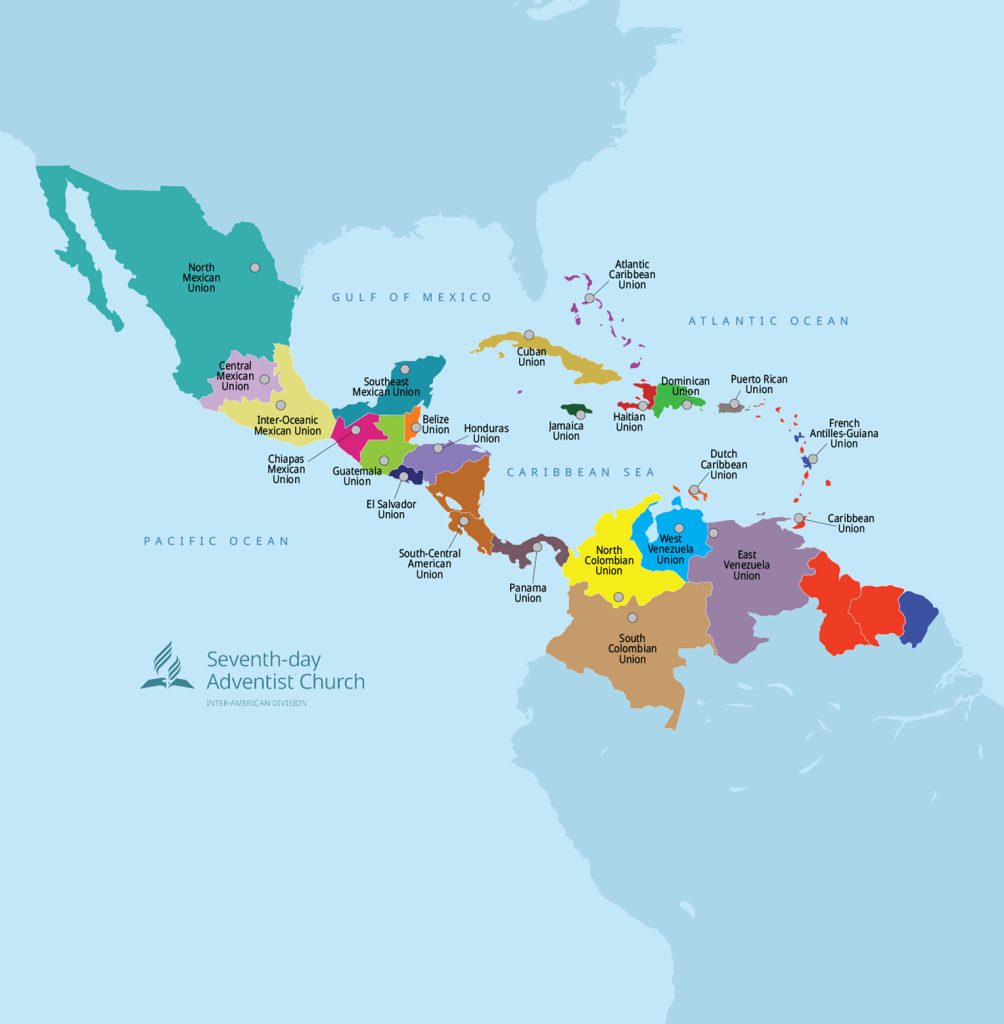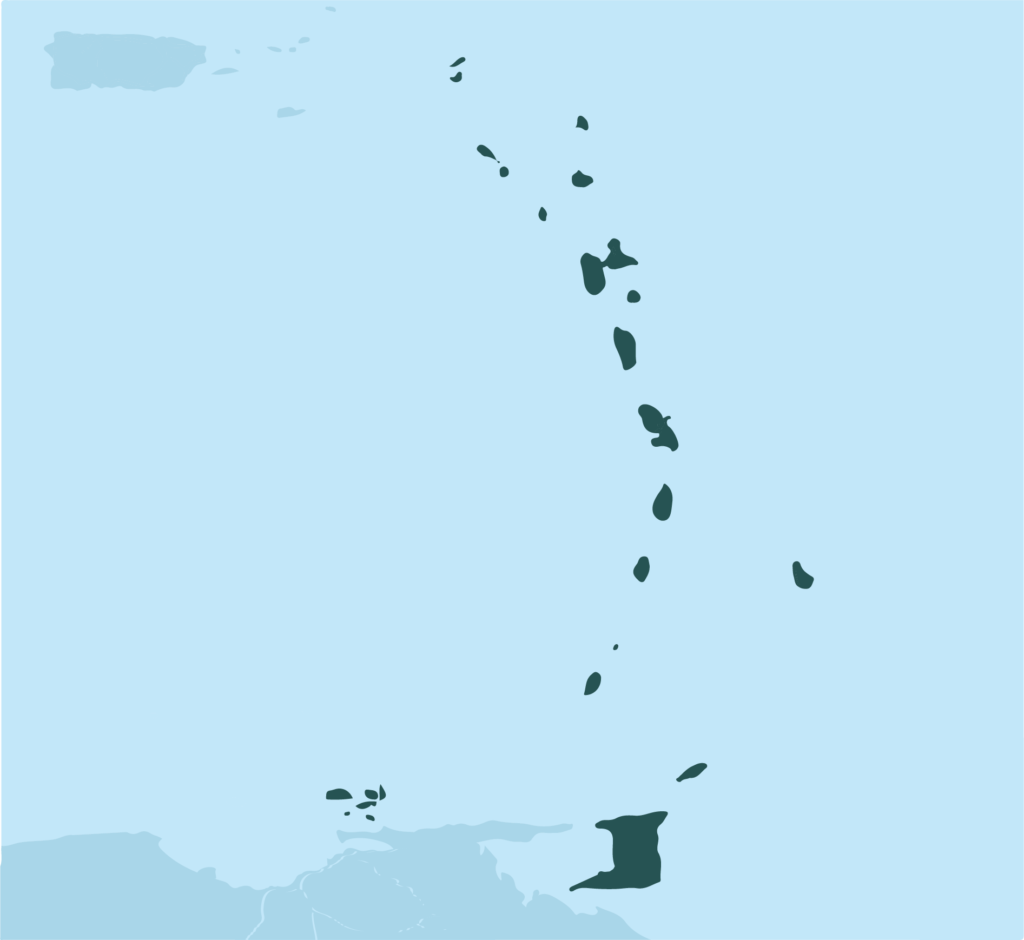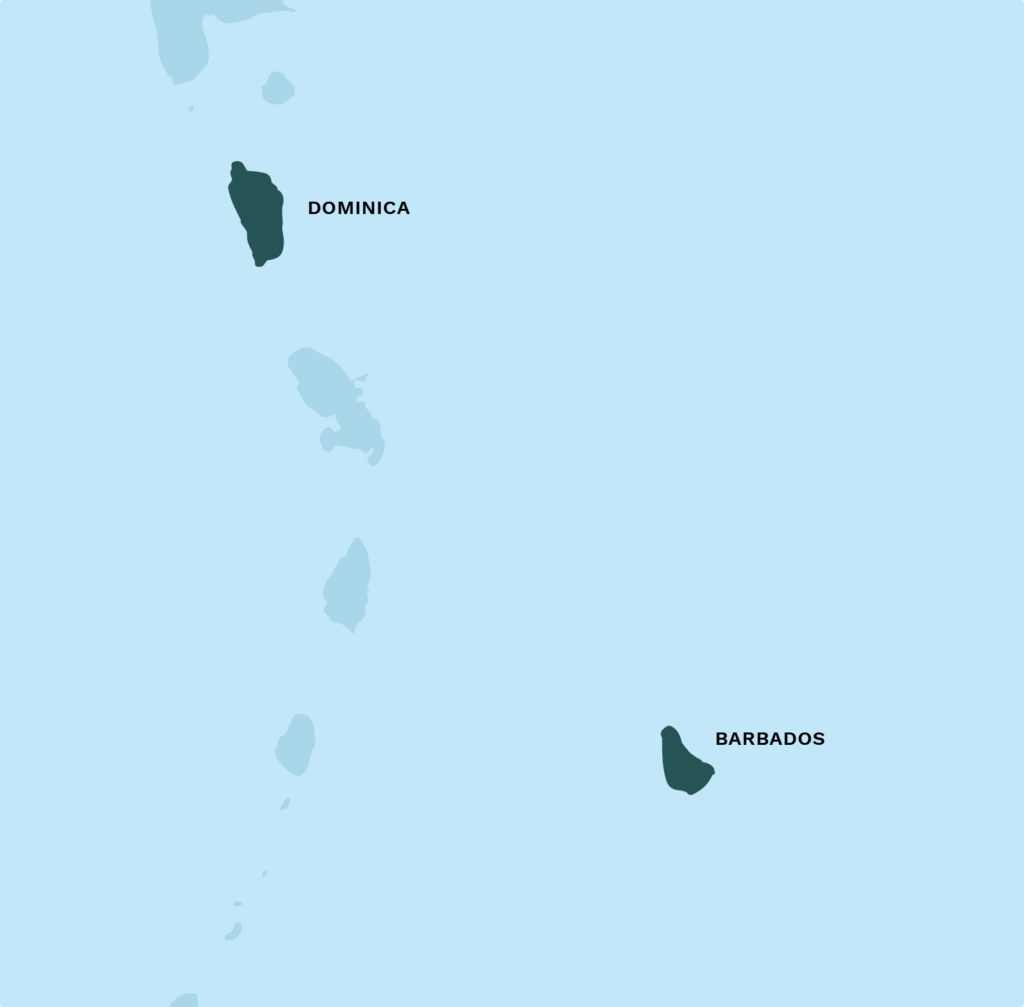The Seventh-day Adventist Church is a family of Christian believers who are united in mission, purpose and belief. Regardless of which part of the world you’re in, you can find Adventists seeking to follow biblical principles of Christ-like living, communicating, discipling, teaching, healing, and serving.
Guided by the words of the Apostle Paul in Ephesians 4:12, the Seventh-day Adventist Church strives to operate as one unified body. This body has many members, all filling different roles, but working together toward the same goal: building up the body of Christ and preparing others for His soon return (John 14:3).
We’ll look at:
- The Seventh-day Adventist Church as a global family
- How the Seventh-day Adventist Church operates on each level
- Church
- Conference
- Union
- Divisions of the General Conference
- Division profiles
- Attached Fields and Union Missions
- The Church’s united mission to make disciples of Christ
THE SEVENTH-DAY ADVENTIST CHURCH IS A GLOBAL FAMILY
With a membership of over 21 million in 13 regions of the world, you’re sure to find an Adventist congregation, school, hospital, ministry or administrative office nearby.
The denomination is organized in such a way that members around the globe can efficiently work together and empower each other for united ministry.
Let’s explore this a bit further.
Our Local Structure
GENERAL CONFERENCE
INTER-AMERICAN (IAD)
CARIBBEAN UNION (CARU)
EAST CARIBBEAN CONFERENCE (ECC)
LOCAL CHURCHES IN BARBADOS & DOMINICA
INTER-AMERICAN (IAD)
The Inter-American division is comprised of Anguilla, Antigua and Barbuda, Aruba, Bahamas, Barbados, Belize, British Virgin Islands, Cayman Islands, Colombia, Costa Rica, Cuba, Curacao, Dominica, Dominican Republic, El Salvador, French Guiana, Grenada, Guadeloupe, Guatemala, Guyana, Haiti, Honduras, Jamaica, Martinique, Mexico, Montserrat, Nicaragua, Panama, Puerto Rico, Saint Kitts and Nevis, Saint Lucia, Saint Vincent and the Grenadines, Sint Maarten, Suriname, Trinidad and Tobago, Turks and Caicos Islands, United States Virgin Islands, and Venezuela (Bolivarian Republic of). This division reports more than 3.5 million members attending nearly 15,000 churches.

CARIBBEAN UNION (CARU)
The Caribbean Union of Seventh-day Adventists encompasses a vibrant and diverse region, including countries such as Anguilla, Antigua and Barbuda, Aruba, Bahamas, Barbados, Curacao, Dominica, Dominican Republic, French Guiana, Grenada, Guadeloupe, Guatemala, Guyana, Saint Kitts and Nevis, Saint Lucia, Saint Vincent and the Grenadines, Sint Maarten, Suriname and Trinidad and Tobago

EAST CARIBBEAN CONFERENCE (ECC)
The East Caribbean Conference of Seventh-day Adventists encompasses a vibrant and diverse region, including countries Barbados and Dominica

HOW DOES THE SEVENTH-DAY ADVENTIST CHURCH OPERATE AT EACH LEVEL?
Have you ever thrown a stone into water and watched ripples expand as they move outward? Similar to the ripples in the water, the Seventh-day Adventist Church has concentric circles of organization to support its membership, beginning with the local church.
LOCAL CHURCH
A local Adventist congregation is made up of members who love Jesus and desire to follow His example of loving service by using the talents and gifts God has given them (1 Cor. 12:4-11). Typically, each congregation gathers for worship and study each Sabbath, as well as any additional social or ministry activities during the week.
Sometimes local congregations have their own church building, sometimes it’s a rented space, or sometimes the meeting place is rotated between homes, public spaces, or other types of locations.
Led by an appointed pastor, local elders, and a locally-elected church board, these congregations don’t operate in isolation but share financial resources, identity, and mission with other congregations in their region. This representative form of church organization means that authority in the Church comes from local church members who choose local leaders, and have a voice in decisions made at other levels of denominational structure.
LOCAL CONFERENCES
All of the churches within a specific area, often a state, province or territory, are organized into conferences. Conferences help provide administrative support and representation to the churches in their respective regions.
Conference constituents from those local congregations meet periodically to elect conference officers, departmental directors and trustees to provide administrative support for the region. Other leaders are chosen to support local church ministries and provide resources, information and encouragement to local church ministry leaders.
UNIONS
Conferences within a larger territory, such as multiple regions or even borders of a country, are organized into union conferences. Constituents elect union officers to provide support, communication and a basis for collaboration across large territories.
Union conferences share resources for things like mission objectives, Adventist education, and special projects that may go beyond conference lines. Union leadership facilitates communication and representation between different levels of church leadership and local territories.
All of the previously mentioned entities are part of the General Conference of Seventh-day Adventists, the coordinative hub of ministries, activities and initiatives for the world-wide Church.
GENERAL CONFERENCE AND ITS DIVISIONS
The General Conference (GC) is overseen by an administrative team and governing body, all of which are elected at General Conference Sessions which occur every five years. The GC coordinates the work the denomination does collectively on a global scale, interfacing with division leaders who coordinate activities in their parts of the world.
The world headquarters of the Seventh-day Adventist Church, located in Silver Spring, Maryland, United States, [HB1] houses a number of departments and services that support the global denomination and its needs. All of these entities exist to uphold the Adventist promise to help others understand the Bible and find freedom, healing and hope in Jesus.
Administration
The Executive Committee is the operating and policy-setting committee for the East Caribbean Conference between constituency meetings. The committee selected to serve the next four years is made up of the following persons from both Barbados and Dominica
ViewDepartments
The departments of the Seventh-day Adventist Church represent specialized units dedicated to serving various aspects of the church’s mission and its members. Each department plays a unique role in fostering spiritual growth, education, outreach, and community service.
View